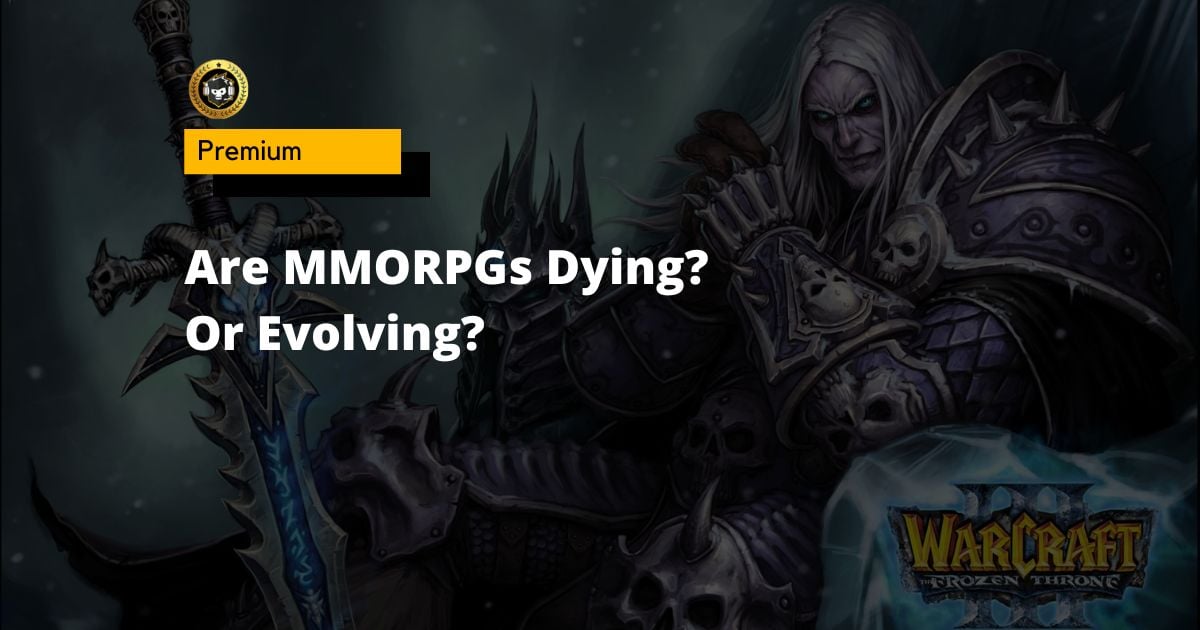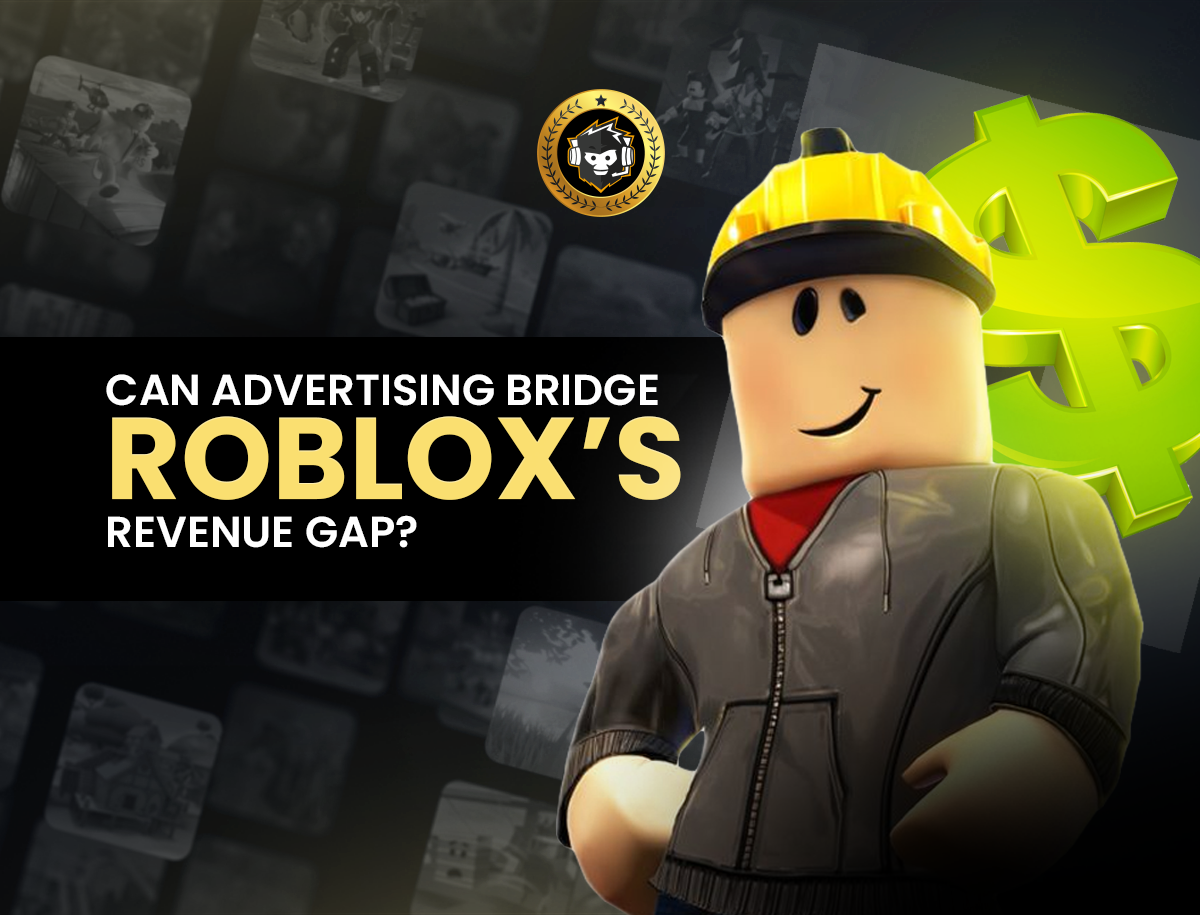Imagine a Friday night in the early 2000s. Homework is done, dinner is finished, dishes are cleaned. As soon as I walk in, my flip phone starts ringing. This is my uncle – who, coincidentally, works as my guild leader in an obscure online game called conquer online“We need a healer. Can you join us?” There was a thrill in those words, a reminder that I was not just a kid in my room, but part of a team in a world much bigger than my own.
MMORPGs offered a new kind of experience: entry into a persistent, shared online universe filled with millions of like-minded adventurers. While I never risked it world of WarcraftMy generation was addicted to free-to-play MMORPGs Classic Ragnarok Online, cabal online, ranAnd, yes, typical Chinese games conquer onlineThese games don’t stop you. You could follow tutorials, hunt monsters, or build a virtual house—all paths were valid. They invited players into a world defined by freedom and choice, in which success was the result of time, exploration, and social interactions.
Then, in 2004, world of Warcraft Hit the scene, change the style and ultimately define it. It introduced a sophisticated, theme-park-style experience that sidelined the open-ended, player-driven environments of previous MMORPGs. With its success, the blueprint for the genre was established: developer-driven content, linearity, and a structured path. This formula attracted millions, yet it also curbed the genre’s creativity. The freewheeling experiments of early MMORPGs faded as other developers followed Blizzard’s path, and focused on polishing the unlimited freedom that had initially defined the genre.
Today, the legacy of MMORPGs is fondly remembered, yet their original charm has faded. Players often have difficulty figuring out what exactly changed. Perhaps it’s not so much that MMORPGs have lost their magic, but rather that they are evolving – finding new forms in a gaming world that now values quick connections rather than deep, lasting exploration. Looking back, the question remains: has the genre truly lost its magic, or is it simply growing older?



